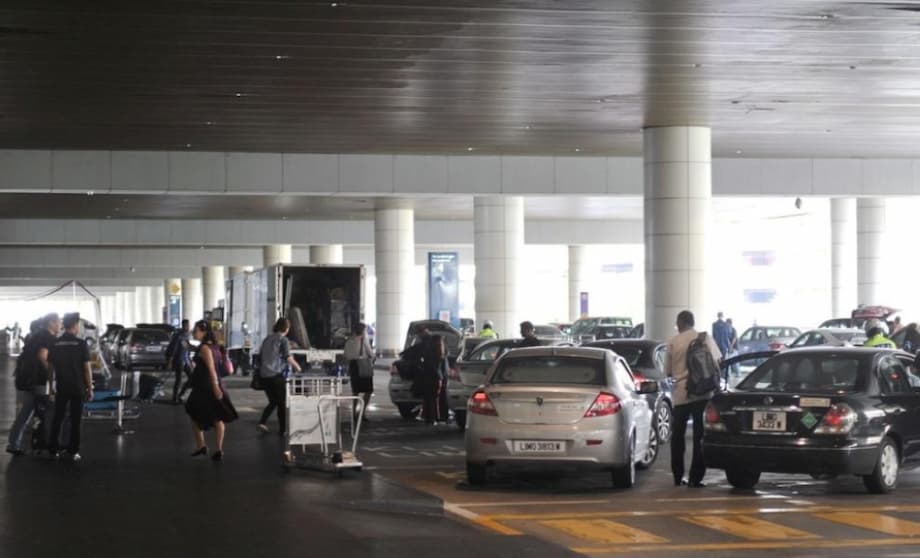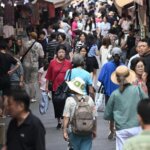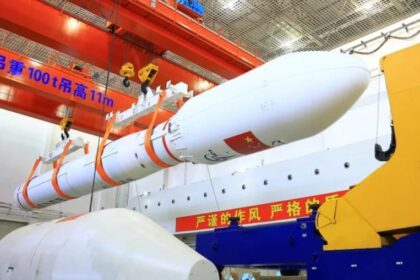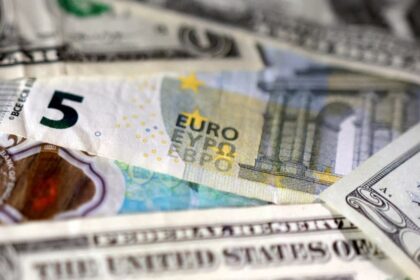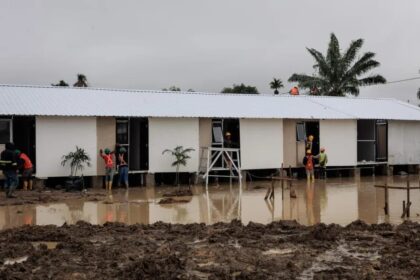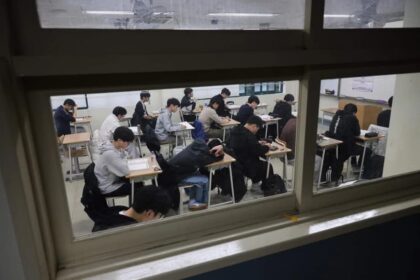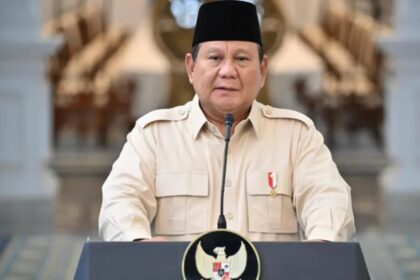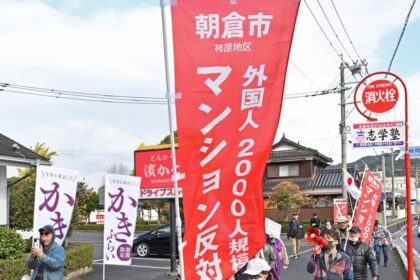Taxi Touting at KLIA: A Persistent Threat to Malaysia’s Image
Taxi touting at Kuala Lumpur International Airport (KLIA) has long been a thorn in Malaysia’s side, undermining the nation’s reputation and the safety of travelers. Despite years of enforcement and public outcry, the problem has not only persisted but, according to recent reports, has even worsened. With Malaysia preparing for major international events and aiming to boost tourism ahead of Visit Malaysia Year 2026, authorities are intensifying efforts to eradicate this practice once and for all.
- Taxi Touting at KLIA: A Persistent Threat to Malaysia’s Image
- Why Has Taxi Touting Persisted for So Long?
- Government Response: Tougher Laws and Enhanced Enforcement
- New Tactics: Touts Impersonating Immigration Officers
- Impact on Tourism and International Perception
- Modernizing Transport: Digital Solutions and Customer Experience
- Challenges and the Road to Sustainable Solutions
- Broader Implications: Safety, Fairness, and National Pride
- In Summary
At the heart of the issue are illegal taxi operators—known locally as touts—who aggressively solicit passengers, often foreign tourists, and charge exorbitant fares. What should be a straightforward trip costing less than RM100 can balloon to RM300 or more, leaving visitors feeling cheated and wary of returning. These negative experiences are widely shared on social media, amplifying the damage to Malaysia’s global image.
Why Has Taxi Touting Persisted for So Long?
Despite repeated crackdowns, taxi touting at KLIA and its sister terminal KLIA2 remains a stubborn problem. Touts operate in groups, positioning themselves near baggage claim exits, parking areas, and even outside the arrivals hall. Their tactics range from persistent solicitation to impersonating legitimate drivers, and in some cases, even posing as immigration officers to extort money from vulnerable travelers.
According to enforcement officials, the challenge is compounded by the use of rental vehicles, making it difficult to trace offenders and enforce penalties. Many touts are repeat offenders, undeterred by fines and vehicle seizures. The financial lure is strong: KLIA is a lucrative spot where it’s easy to find passengers, especially those unfamiliar with local transport norms.
The Human Side: Struggles of Taxi Drivers
Behind the headlines are real people facing economic hardship. One 55-year-old taxi driver, caught during a recent operation, pleaded with authorities for compassion. He described the daily struggle to make ends meet, with stiff competition from e-hailing services and dwindling passenger numbers. Despite earning between RM150 and RM300 on a good day, much of his income goes toward taxi rental fees, leaving little to cover living expenses. He admitted to returning to touting at KLIA after previous arrests, simply because it was the only way he could survive.
“If they take my car, I don’t know how I’ll survive,” the driver told enforcement officers, highlighting the desperate choices faced by some in the industry.
While these stories evoke sympathy, authorities stress that the law must be upheld to protect travelers and the nation’s reputation.
Government Response: Tougher Laws and Enhanced Enforcement
Recognizing the seriousness of the issue, Malaysia’s Transport Minister Anthony Loke has taken a firm stance. He has called taxi touting an act that “betrays the country’s interests” and insists that all parties must work together to eradicate it. Loke has directed the Road Transport Department (JPJ) to step up enforcement, including issuing summonses, seizing vehicles, and prosecuting offenders in court.
Recent legal reforms have given authorities sharper teeth. With the introduction of Act A1766, touting at airports is now a criminal offense under section 41A(1) of the Commercial Vehicles Licensing Board Act 1987. Offenders face fines of up to RM50,000, jail terms of up to five years, or both. The law also empowers both police and JPJ officers to arrest suspected touts without a warrant, covering all public areas of the airport, from arrival halls to taxi stands.
“The government’s aim is not to deny people a livelihood, but to ensure they follow the proper process,” Minister Loke emphasized, noting that licensing requirements for drivers have been simplified to encourage legal compliance.
Between January and mid-June 2025, JPJ handled 69 cases involving private cars used for touting and seized 10 public transport vehicles. Undercover operations, such as “Ops Ulat,” are conducted periodically, resulting in the detention of over 200 individuals for illegal taxi operations at KLIA and KLIA2. Authorities have also begun applying for the forfeiture of vehicles used in touting, a move intended to deter repeat offenders who previously shrugged off fines.
New Tactics: Touts Impersonating Immigration Officers
The problem has evolved beyond traditional taxi touting. Recent reports reveal that some touts have begun posing as immigration officers, targeting first-time travelers—particularly from South Asia—and extorting cash under the guise of official procedures. Victims have reported being asked for sums ranging from RM200 to RM3,000, with touts sometimes wearing fake staff tags and taking photos of passports to intimidate their targets.
These scams have prompted investigations by the Immigration Department and Malaysia Airports Holdings Berhad, both of which urge travelers to report suspicious activity. The incidents have further tarnished Malaysia’s reputation, prompting calls for even stricter enforcement and harsher penalties.
Impact on Tourism and International Perception
Malaysia’s tourism industry is a vital pillar of the economy, and the government has ambitious plans to attract more visitors, especially with the upcoming Visit Malaysia Year 2026. However, international travel advisories now warn visitors about taxi touts at KLIA, advising them to use only registered taxis and remain vigilant against scams. Such warnings, coupled with viral social media posts from disgruntled tourists, risk deterring potential visitors and undermining national tourism campaigns.
Tourism officials and industry stakeholders have voiced concern that persistent touting not only causes immediate financial harm to travelers but also inflicts long-term damage on Malaysia’s brand as a safe and welcoming destination. The government’s intensified crackdown is thus seen as essential not just for law enforcement, but for the broader goal of restoring confidence in Malaysia’s transport system and hospitality sector.
Modernizing Transport: Digital Solutions and Customer Experience
In tandem with enforcement, authorities and airport management are rolling out digital solutions to make legitimate transport options more accessible and attractive. KLIA2 has introduced a taxi booking app, an e-hailing queue system, and improved waiting areas to streamline passenger flow and reduce the appeal of touts. The “Tap, Travel and Discover” initiative, launched in collaboration with partners like Traveloka and Asia Success Resources, combines cultural exhibitions, digital ticketing, and enhanced transport facilities to enrich the traveler experience.
One notable innovation is the Super TTKLIA app, which offers affordable airport transfers, ticket purchases for attractions, holiday packages, and cashback rewards. The app also features Teeko, Malaysia’s first AI travel companion at an airport. Teeko provides personalized itinerary planning, transport information, and recommendations for exploring Malaysia, serving as a digital tour guide and lifestyle assistant for both domestic and international travelers.
Challenges and the Road to Sustainable Solutions
While the government’s crackdown and digital upgrades are steps in the right direction, eradicating taxi touting at KLIA is a complex challenge. Economic hardship among drivers, the adaptability of touts, and the sheer volume of travelers passing through the airport create fertile ground for illegal activity. Enforcement agencies must balance compassion for struggling drivers with the need to protect passengers and uphold the law.
Authorities have made it easier to become a licensed driver, eliminating the need for a full theory test for e-hailing drivers and streamlining the process for obtaining a Public Service Vehicle (PSV) license. These reforms aim to remove excuses for non-compliance and encourage more drivers to operate legally. However, as long as there is demand for quick, convenient rides—especially among weary travelers unfamiliar with local systems—touts will continue to find opportunities.
Public awareness is also crucial. Travelers are urged to use only authorized taxi and e-hailing services, report suspicious activity, and avoid engaging with unsolicited offers. Airport staff and food outlet employees have become informal watchdogs, often witnessing touts targeting vulnerable passengers and alerting authorities when possible.
Broader Implications: Safety, Fairness, and National Pride
The fight against taxi touting at KLIA is about more than just transport regulation. It touches on issues of public safety, economic fairness, and national pride. For Malaysia to achieve its tourism and economic goals, it must offer visitors a safe, transparent, and welcoming experience from the moment they arrive. This means not only cracking down on illegal activity but also supporting legitimate drivers, modernizing infrastructure, and fostering a culture of hospitality and integrity.
As Malaysia prepares to host major international events and welcomes the world for Visit Malaysia Year 2026, the stakes have never been higher. The government’s message is clear: taxi touting will no longer be tolerated, and all stakeholders must play their part in upholding the nation’s image and ensuring a fair deal for all.
In Summary
- Taxi touting at KLIA has persisted for over a decade, damaging Malaysia’s reputation and deterring tourists.
- Recent legal reforms make touting at airports a criminal offense, with heavy fines and jail terms for offenders.
- Enforcement agencies have intensified crackdowns, detaining over 200 individuals and seizing vehicles used in illegal operations.
- Touts have adopted new tactics, including impersonating immigration officers to extort money from vulnerable travelers.
- The government has simplified licensing for drivers and introduced digital solutions to improve legitimate transport options.
- Public awareness and traveler vigilance are essential to combating touting and restoring confidence in Malaysia’s transport system.
- The crackdown is part of broader efforts to enhance tourism, safety, and national pride ahead of major international events.


